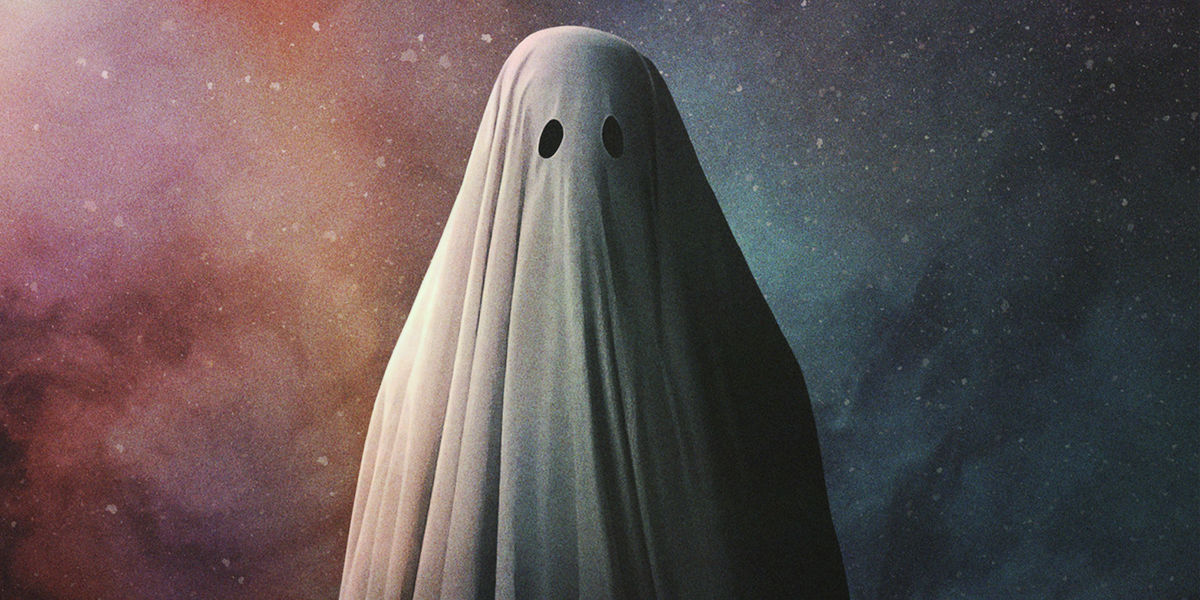“A Ghost Story” spins a cosmic tale of love and loss, existence and oblivion, centered around a simple white-sheeted specter. This article serves as a comprehensive A Ghost Story review, discussing the film's groundbreaking interpretation of life, death and the abstract concept of existence that it revolves around. Concealed beneath its minimalistic aesthetics lie profound metaphysical themes, leaving us questioning the very facets of reality, space and time.
Unveiling A Ghost Story Metaphysical Themes
Turning the conventional ghost narrative on its head, A Ghost Story transcends the boundaries of the macabre and the supernatural to delve into existentialist discourse and the perspective of time and eternity. The film's eponymous specter, portrayed by Casey Affleck draped in a white bedsheet, silently observes the changing world around his cherished old house, symbolizing a detached observer of time, humanity and evolution, appropriately punctuated with moments of ethereal beauty and painful loneliness.
One of the most charming qualities about A Ghost Story is its intriguing ability to transform the mundane into the metaphysical, offering a deeply impactful exploration of profound themes and questions concerning the human condition, life, death, and what perhaps, may come after.
What is A Ghost Story Trying to Say about Life and Death?
There's an echoing sense of life's transience throughout A Ghost Story, along with the haunting notion of an afterlife lonely and abstract. Distanced from the conventional religious or spiritual interpretations, the film explores the ghost's perception of death as an endless quiet observation of what he once cherished and loved. His existence stretches across centuries, observing the cyclical nature of life, destruction and rebirth, and humans' insignificant place within the grand scheme of things.
Despite the loneliness, there remains a strong thread of connection, love and memories binding the ghost to the living world. Despite death, the bonds of love endure, even surviving the metamorphosis of time.
As the narrative threads together the tiny moments of human lives, it exhibits the fragile beauty in the impermanence of human existence. The film argues that while individual lives may be transient, the actions and memories they create leave an echoing impact throughout time.
Thus, A Ghost Story uniquely positions itself, not just as a cinematic experience but as a meditative journey into the unknown territories of the afterlife and the sublime elements of existence.
Continuing on from our in-depth exploration of the elements of life and death in 'A Ghost Story', we delve deeper into the metaphysical aspects that offer a broader perspective on our existence. The movie provides a philosophical journey that nudges us to ponder the ultimate questions regarding our existence and the universe's ever-lasting continuum of life and death. In his entirely unusual depiction of a ghost, Lowery promptly dismantles the traditional idea of the horrifying apparition clad in a white sheet. The film rather uses it as an existential metaphor, prompting us to rethink our connections in this mortal world and what lies beyond it. Our ghost becomes a silent observer, bound by time but removed from the world around him, divulging a profound sense of emotional and existential displacement.
Furthermore, the movie’s ingenious approach to illustrating existential anxiety with compelling long stills promotes a musing about life and the realm beyond death. We are confronted with the impermanence of life, continually reminded by the non-linear narrative time depicting the temporal and spatial shifts. The movie conveys a haunting depiction of the impermanence and transient nature of life with the overlaid text, "nothing here is permanent." This resonates with the philosophical outlook on existence and life’s ephemeral character, as broadened by thinkers like James, Nietzsche, and Heidegger.
Temporal Perspectives & Eternity
'A Ghost Story' cradles us into accepting the inconceivable vastness of eternity. The ghost, stuck in a mundane cycle of eternal recurrence, depicts a metaphysical perception of time. Time, viewed from the ghost's perspective, flows differently, unrestricted by the traditional forward motion. This signifies the impossibility of comprehending the idea of eternity within our finite humanly experience. The film inevitably pushes us to question the infinitely stretching timeline and our place within it.
Legacy & Existentialism
'A Ghost Story' juxtaposes the melodramatic desire for legacy and the chilling reality of eventual oblivion. The disturbing paradox resonates with Jean-Paul Sartre's existential philosophy that emphasizes liberating ourselves from the obsession over memorializing our existence. The film presents the concept that our actions, love, pain, memories, and human experience, while they mean the world to us in our short, limited span of existence, eventually, to the universe, signify next to nothing.
Reflecting on life, death, and what comes after the metaphysical exploration in 'A Ghost Story' is like wandering into the wilderness of existential contemplation. It pushes us to comprehend the immensity and brevity of life simultaneously. It is a poignant reminder of our fleeting existence in this infinite universe. Yet it assures us that, even in the overwhelming stillness, 'a morning will come when you will wake up to find that space has lost its starkness, its strangeness, and its sense of the unfathomable-- that it is, in fact, a new home,' leaving us with a sense of forlorn hope.




